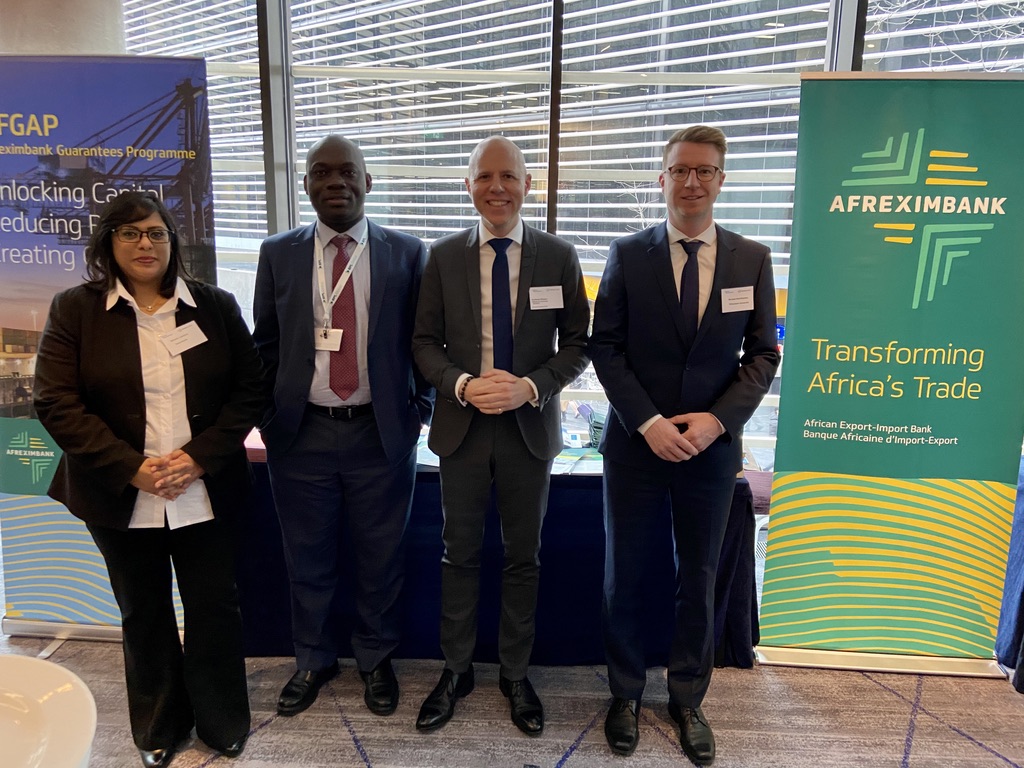The environment for large projects has changed significantly over the past two decades. Today, numerous new competitors from China, Japan, South Korea or Turkey are active in the field of infrastructure exports. The huge need for investment is an opportunity for investors, contractors, operators and suppliers. This also applies to companies in Germany or Switzerland that export infrastructure services. These include, for example, rail vehicle builders, energy and environmental technology companies.
Maëlia Dufour, director of Bpifrance, and Stefan Karlsson, chief analyst at the Swedish export credit agency EKN, sat on the podium together with Andreas Klasen, scientific director of the Institute for Trade and Innovation (IfTI) at the University of Applied Sciences Offenburg. To make it easier for their exporters to access major projects, governments such as France and Sweden support their exporters with sometimes far-reaching promotional measures. They provide political support, create national business networks, and expand their instruments for insuring and financing exports. In addition, they are increasingly making development cooperation financing instruments available.
